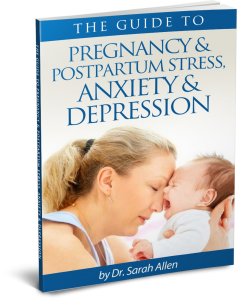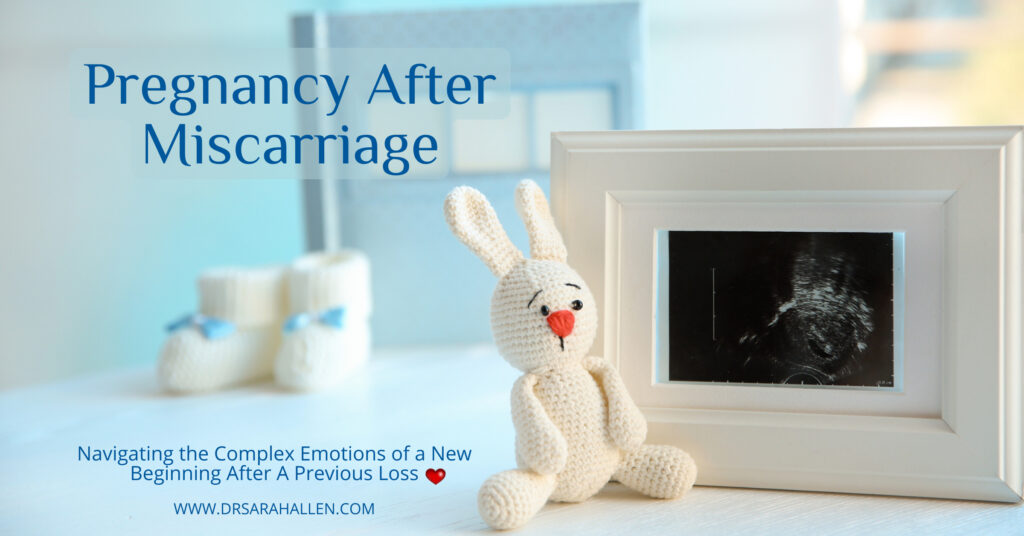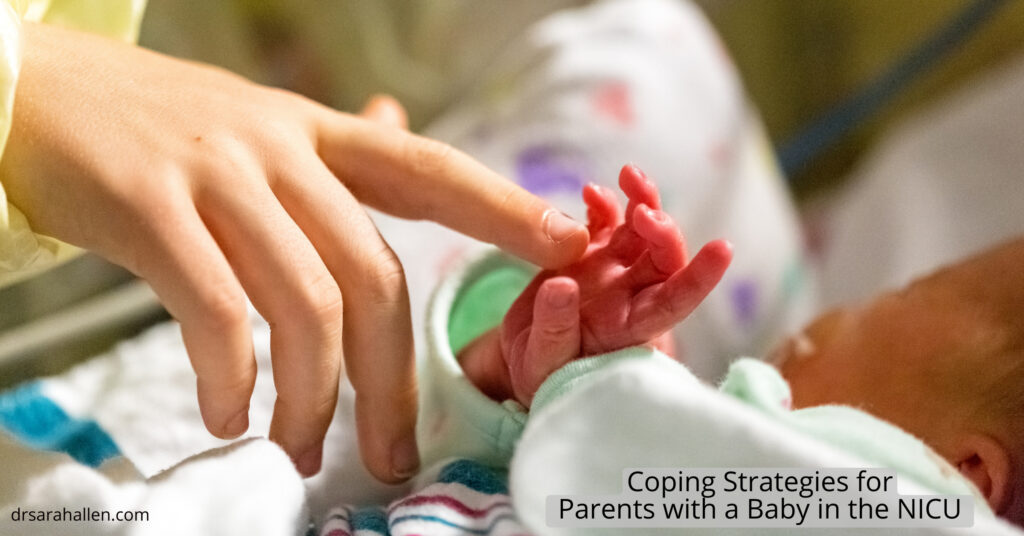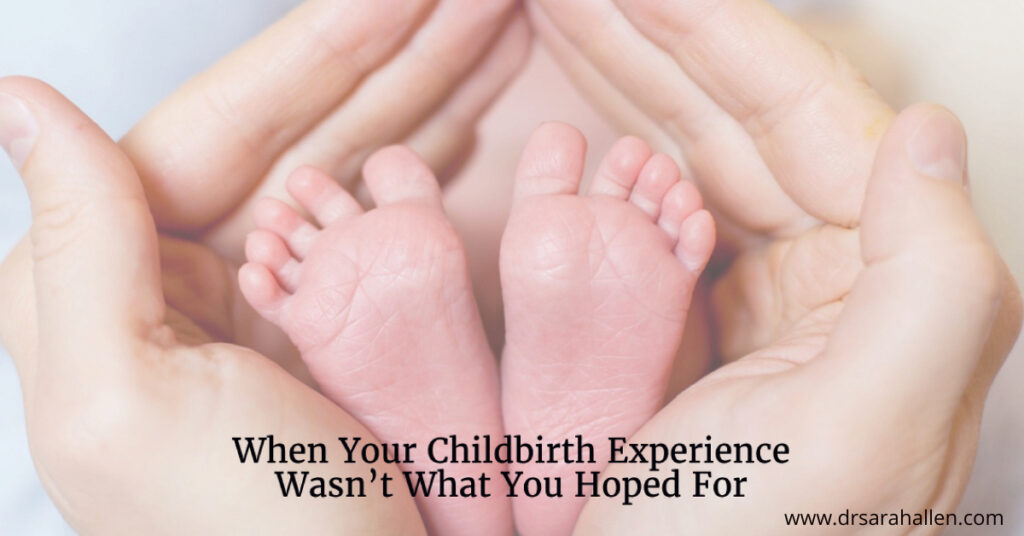
A guide on how to comfort and support someone who has experienced a miscarriage, including expressing condolences, offering support, avoiding insensitive remarks, encouraging self-care, and providing ongoing practical help.
Understanding Miscarriage
Miscarriage is a profoundly impactful experience that is much more common than people often believe it to be. Statistics indicate that 10-15% of known pregnancies end in miscarriage, highlighting how widespread miscarriage is. The emotional and physical toll of miscarriage can be extensive, and women often grapple with feelings of grief, loss, and sadness, in addition to potential pain, bleeding, and medical procedures.
If you are reading this post, I expect that you are a caring person who is hoping to help a loved one who has recently experienced a loss, or maybe you are the person who had a loss and you are looking for an article to share with people so they can know how to help you. The number one thing I want people to realize is that it is crucial to recognize the emotion and physical impact miscarriage can have and how important it is to be empathetic and sensitive towards people affected by it.
Everyone deals with their feelings in different ways, so it’s crucial to offer personalized support and genuine empathy to those going through a miscarriage. Some people might feel extremely sad, others may blame themselves. Some women find it hard to not be tearful, while others try to appear to be okay on the surface. You never know from looking at someone what is going on inside but if you have been told that someone has miscarried, letting them know they’re not alone and providing the right kind of help can make a big difference.
Avoiding Clichés and Insensitive Remarks
A lot of people don’t know what to say when a loved one, or friend, has experienced a miscarriage but saying nothing and acting like nothing has happened can be very hurtful. You may feel awkward and worry about saying the wrong thing but remember, this isn’t about you, it is about being present for them.
Saying something doesn’t have to be complicated. Simple yet sincere expressions like “I’m so sorry for your loss” or “I am sorry you are going through this, I am here to listen and help anyway I can” validate the person’s experience by acknowledging their loss and expressing genuine sorrow which can really convey the empathy and support you want to give.
On the flip side, it is important to avoid clichés and dismissive remarks. While well-intentioned, minimizing someone’s loss or offering clichéd phrases like “It wasn’t meant to be”, “It’s God’s plan” or “It’s better it happened early on” can be deeply hurtful and dismissive of their emotions. Additionally, phrases like “You’ll be fine in a few days” or “You can try again” can also be dismissive and unhelpful.
Actions Can Be Better Than Words
I also think it is important to recognize that actions often speak louder than words when you want to support a person who has had a loss. Offering a hug or simply sitting with them as a comforting presence can provide solace and can communicate a depth of compassion that words alone may not fully convey. Asking if it is okay to give them a hug can foster a sense of understanding and support when you don’t think you know the right thing to say. If someone is at work and trying to not to be emotional, they probably don’t want a hug or talk about their loss in case that brings up the emotions they are trying to control. Briefly touching their arm and saying “I’m so sorry. I am here for you and can talk or meet up after work”, is enough for that moment.
Offering Emotional Support and Listening
It’s really important to make sure that the person you’re supporting feels like they can talk about their feelings without being judged. You want to create a safe and comfortable place for them to share what they’re going through, where they don’t have to worry about being criticized or made to feel like their emotions are wrong. By truly listening to them without passing judgment, you can help build trust and show that you are trying to understand what they’re going through and want to be there for them.
It is also important to keep checking in on them regularly, not just ask how they are feeling once and then expect them to be okay quickly. This shows that you genuinely care and want to support your loved one as they heal. You can do this by calling them, sending a text message, or visiting them. It’s all about showing that you’re there for them every step of the way. This can help them feel less alone in their grief.
Encouraging Self-Care
Another way to be there emotionally for someone who has had a miscarriage is by encouraging them to take care of themselves as this can let them know that you understand their difficult feelings are valid. It’s okay for them to focus on their own well-being during this tough time. You can say something like, “Take all the time you need for yourself, and I’m here to help in any way I can.” That will show them that you understand and want to support them.
Offering Practical Support
When someone experiences the loss of a baby, it can be really tough for them to focus on their day-to-day tasks and so doing thoughtful things to show your support can mean so much. Offering to cook or drop off meals or drive siblings to their activities gives them a break from some of their daily responsibilities and lets them know they’re not alone.
Another idea is to buy them a special gift that reminds them of their baby, like a piece of jewelry or a plant in memory. I still have a little angel ornament that a friend gave me after miscarrying. I have it on my bookshelf and it both reminds me of the baby that get to be as well as the kindness of my friend. These types of gestures show that you care and understand that they’re are grieving. It’s important to let them know that they have your love and support during this difficult time.
By remembering significant dates in the future, acknowledging the loss, and offering support on those days can also provide ongoing comfort and empathy after a miscarriage.
Seeking Professional Help
Sometimes though it’s important to let people know that there are professionals out there who can help them through this tough time and it is okay to ask for help. Therapists can provide counseling, support groups, or therapy specifically for dealing with the emotions after a miscarriage. By giving your loved one information and guidance on how to find these services, you’re showing that you care about their recovery. For example, you could say, “Would you like me to help you find counseling services that might be helpful for you during your healing process.” This can give them a sense of empowerment as they work towards recovering from the emotional effects of miscarriage.
Supporting Partners and Family Members
It is also important to understand that going through a miscarriage can be really tough on not just the person experiencing it, but also their partner. Many times, spouses are so worried about what their partner is going through that they don’t like to talk about their own feelings of loss and they feel isolated in their own grief. Being present for both of them can make a significant difference in their healing process.
Coping with Multiple Losses and Future Pregnancies
When someone has experienced multiple miscarriages or is pregnant again after a loss it can be especially hard. Each miscarriage brings its own unique set of challenges and grief, and when someone experiences multiple losses, the emotional toll can be overwhelming. When this happens, it is so important to provide ongoing support and acknowledge the individual’s journey and the distinct impact of each loss.
Creating a safe space for conversations where the individual feels heard and understood can be incredibly comforting. Expressing empathy and validating their emotions without judgment is essential in the journey of healing after enduring multiple miscarriages.
In addition, when you’re helping someone who has gone through a loss and is now navigating future pregnancies, it’s important to be understanding of their fears and worries. At the same time, it’s also important to share in their happiness and hopes for the future. You have to realize that their emotions might go back and forth between feeling excited and feeling nervous. Recognition of this will help you provide them with the reassurance and empathy they need during this time. By recognizing their unique experience and what they need, you can give them the ongoing support and validation that’s so important for their well-being.
Conclusion
Firstly, we recognized how common miscarriage is but how women often don’t feel they can talk about their experiences openly. Women often feel a lot of grief and guilt after loss and alone in their sadness. In providing comfort to someone who has experienced a miscarriage, it is essential to emphasize the significance of empathy, compassion, and active support. The impact of these elements cannot be overstated, as they play a pivotal role in aiding your loved one’s healing process.
Demonstrating genuine empathy by acknowledging the depth of their emotions and validating their experience can provide a lot of comfort during a challenging time. We also discussed the importance of not saying clichéd comments or trying to minimize their feelings of grief in the hopes they will get over their sadness quickly. Listening without judgement and not offering unsolicited advice is crucial. Remembering significant dates and showing support on those days too, show your loved one your continued support.
We also recognized the importance of acknowledging that everyone experiences loss and grief differently and there isn’t a right or wrong way to grieve. Also, while practical support, being present for them and non-judgmental listening is important, sometimes our loved ones can benefit from professional help but might feel too overwhelmed to find it. Helping them find the resources in their community or online is one way to show you are there for them. Lastly, we acknowledged that partners and children can also be experiencing grief and loss so please include them when offering support.

Dr. Sarah Allen has 25+ years of experience in private practice helping women to transition to being the mom they want to be. She is the Founding Director of the statewide non-profit Postpartum Depression Alliance of IL. She also specializes in pregnancy loss & infertility & has published research on postpartum depression and traumatic childbirth.
If you would like to work with Sarah, please phone her at 847 791-7722 or on the form below.
If you would like to read more about me and my areas of specialty, please visit Dr. Sarah Allen Bio. Dr. Allen’s professional license only allows her to work with clients who live in IL & FL & the UK and unfortunately does not allow her to give personalized advice via email to people who are not her clients.
Dr. Allen sees clients in person in her Northbrook, IL office or remotely via video or phone.

What Can I Read That Helps Me While I Am Waiting For My First Appointment With Sarah?
If you feel that you may be experiencing pregnancy or postpartum mood disorder, or worry that you may be at risk of developing it, please download my free booklets below.
See each specific webpage to download one or many.


As featured in

Dr. Sarah Allen has 25+ years of experience in private practice helping women to transition to being the mom they want to be. She is the Founding Director of the statewide non-profit Postpartum Depression Alliance of IL. She also specializes in pregnancy loss & infertility & has published research on postpartum depression and traumatic childbirth.
If you would like to work with Sarah, please phone her at 847 791-7722 or on the form below.
If you would like to read more about me and my areas of specialty, please visit Dr. Sarah Allen Bio. Dr. Allen’s professional license only allows her to work with clients who live in IL & FL & the UK and unfortunately does not allow her to give personalized advice via email to people who are not her clients.
Dr. Allen sees clients in person in her Northbrook, IL office or remotely via video or phone.

What Can I Read That Helps Me While I Am Waiting For My First Appointment With Sarah?
If you feel that you may be experiencing pregnancy or postpartum mood disorder, or worry that you may be at risk of developing it, please download my free booklets below.
See each specific webpage to download one or many.












